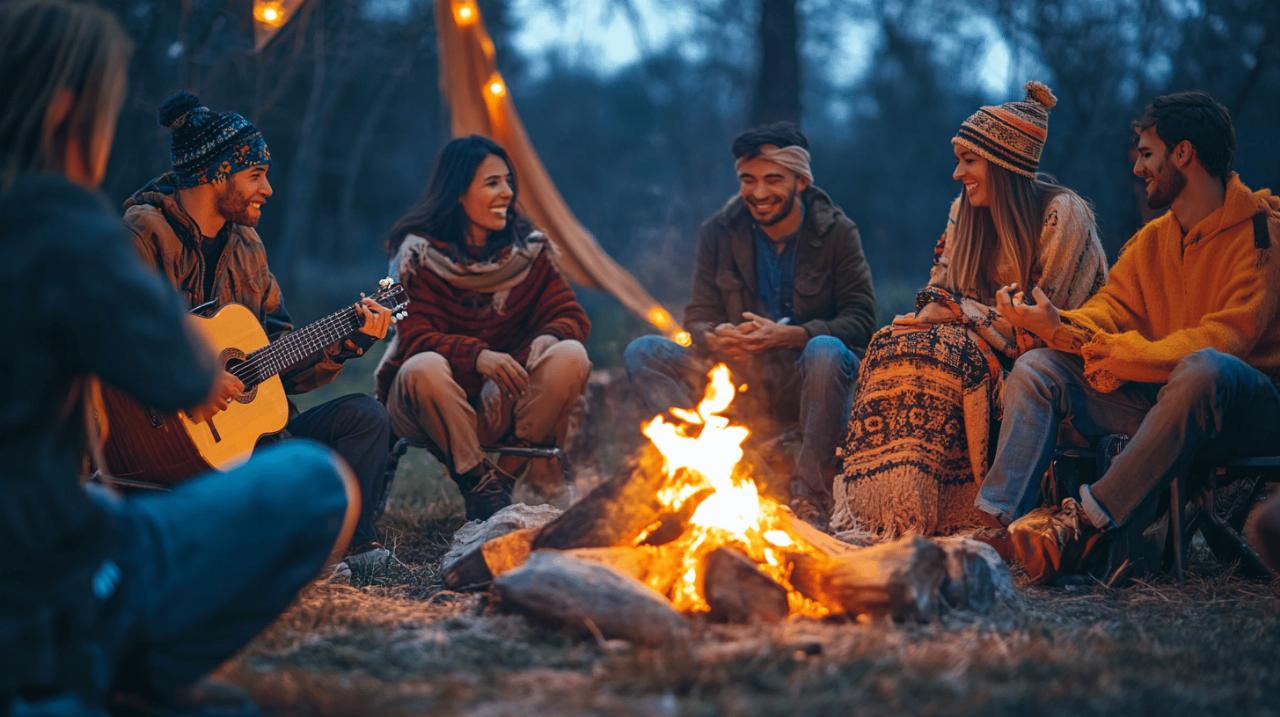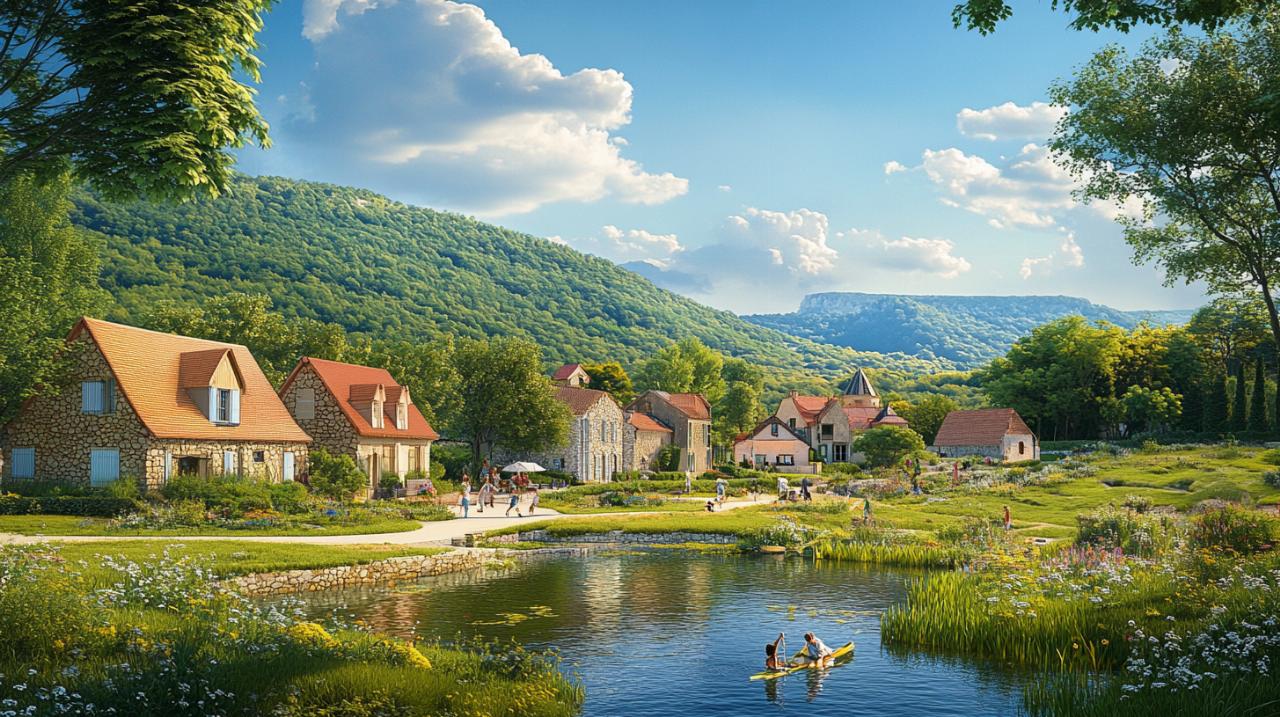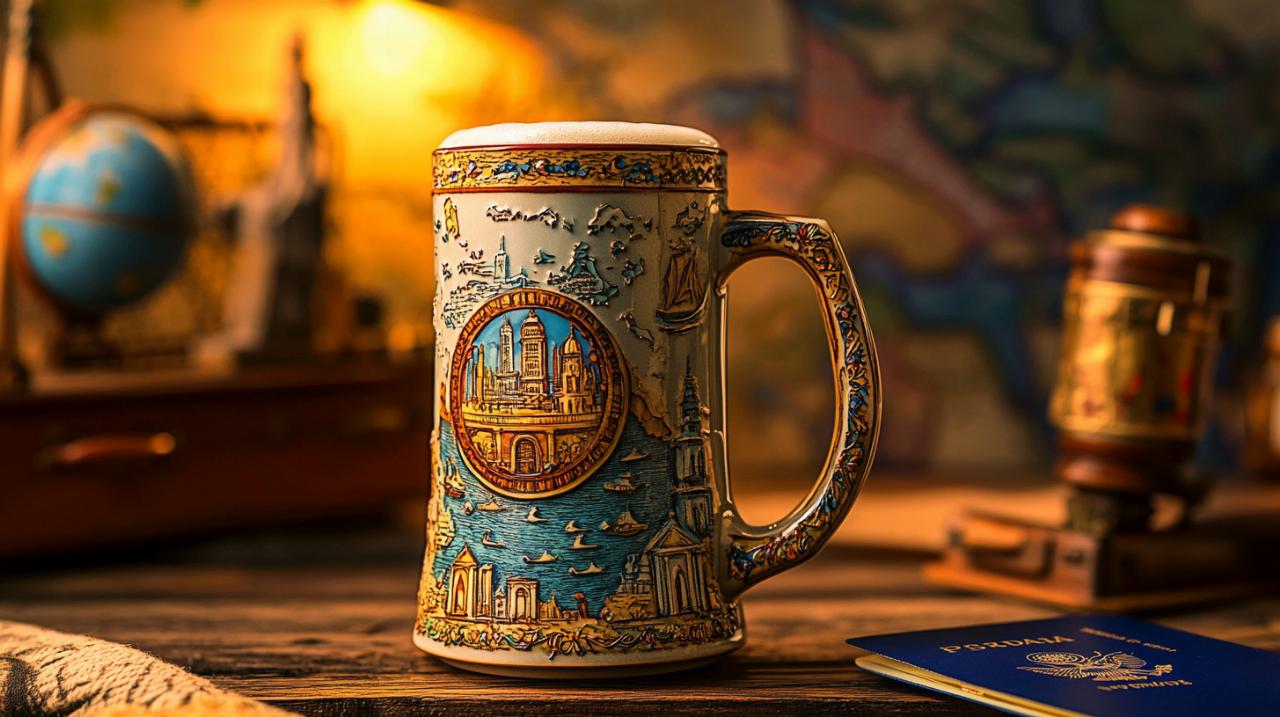Cultural identity is a complex tapestry that weaves together heritage, experiences, and personal discoveries. For many travelers, journeys across borders become powerful catalysts for understanding who they truly are. Through the lens of exploration, we often find clarity about our own roots and connections to the world around us. At Walkabout Travel, we've witnessed countless stories of cultural awakening through the transformative power of travel.
The Intersection of Travel and Identity Formation
When we traverse unfamiliar territories, something remarkable happens to our sense of self. The distance from home creates a unique space for reflection that often reveals hidden aspects of our identity. Take Tracy-Yunting Truong's experience as a British person with East and South-East Asian heritage. Her travels between the UK, China, and Vietnam illuminated the complexity of belonging to multiple cultural worlds simultaneously. The simple act of traveling with a British passport while being perceived differently across various countries became a profound exploration of her multifaceted identity.
How crossing borders transforms personal narratives
Cultural identity rarely exists as a static concept. Instead, it evolves and shifts as we encounter new perspectives through travel. For those with migration histories in their family lineage, like Truong's family who moved between China and Vietnam before settling in Britain, travel becomes a way to piece together fragmented narratives. These journeys often reveal how nationality and identity, while related, are not synonymous. The stories we tell about ourselves transform as we cross borders, each new location adding another layer to our understanding of who we are.
The mirror effect: seeing oneself through foreign eyes
Perhaps one of the most revealing aspects of travel is experiencing how others perceive us. For British Asians and other diaspora communities, this can be particularly illuminating. Truong described feeling both familiarity and foreignness when visiting China and Vietnam – connected through ancestral ties yet separated by language barriers and lack of childhood memories in these places. Similarly, her experience living in Japan as a foreigner prompted deeper questioning of identity, especially when she encountered a Japanese friend of Korean heritage who felt like an outsider in her own country despite being born there. These encounters serve as mirrors, reflecting aspects of ourselves we might not otherwise see.
Cultural immersion as self-discovery
 The journey toward understanding cultural identity often requires deep immersion in both ancestral and adopted cultures. For many British travelers with diverse heritage, the UK represents a place where cultural exploration can happen without boundaries. The modern British culture celebrates diversity and inclusivity, challenging outdated stereotypes about what it means to be British. This cultural openness provides a foundation for exploring one's roots while embracing new influences.
The journey toward understanding cultural identity often requires deep immersion in both ancestral and adopted cultures. For many British travelers with diverse heritage, the UK represents a place where cultural exploration can happen without boundaries. The modern British culture celebrates diversity and inclusivity, challenging outdated stereotypes about what it means to be British. This cultural openness provides a foundation for exploring one's roots while embracing new influences.
Questioning heritage through unfamiliar customs
When we encounter unfamiliar customs, we naturally compare them to what we know, prompting questions about our own traditions and values. Lindsey Chronert wrote about the significance of returning to one's homeland, noting how these journeys facilitate connection with heritage and strengthen family bonds. Visiting ancestral villages, family homes, and experiencing local cuisine can provide profound insights into one's lineage. Interestingly, cultural connection doesn't always follow bloodlines – Truong shared how her uncle developed a strong affinity for Scottish culture despite having no Scottish heritage, eventually taking her to Scotland when she was twelve.
Embracing cultural hybridity during travel experiences
Today's global citizens often find themselves navigating multiple cultural identities, creating something entirely new in the process. This cultural hybridity becomes especially apparent during travel, where the distance from familiar surroundings highlights the unique blend of influences that shape us. Recent articles from around the world showcase this phenomenon – from Welsh communities in Patagonia to Chinese-run historic towns in California, and from the Basque heritage in the American West to Japanese principles for good living adopted globally. The LGBTQ+ scene in Buenos Aires, cultural identity exploration in New Caledonia, and the experience of becoming a bike courier in Pau, France – all featured in recent Walkabout Travel articles – demonstrate how travel experiences help people embrace the beautiful complexity of being influenced by multiple cultural traditions.
Travel stories serve as powerful vehicles for cultural understanding across boundaries. When we share our experiences of navigating different cultural contexts, we foster empathy and recognition of our shared humanity. For those with complex cultural backgrounds, travel provides both questions and answers – challenging preconceived notions while reinforcing meaningful connections to heritage. Whether planning a wedding in the Seychelles, hiking in Anse des Cayes, or exploring one's ancestral village, each journey contributes to the ongoing conversation about what shapes our sense of belonging in an increasingly interconnected world.





